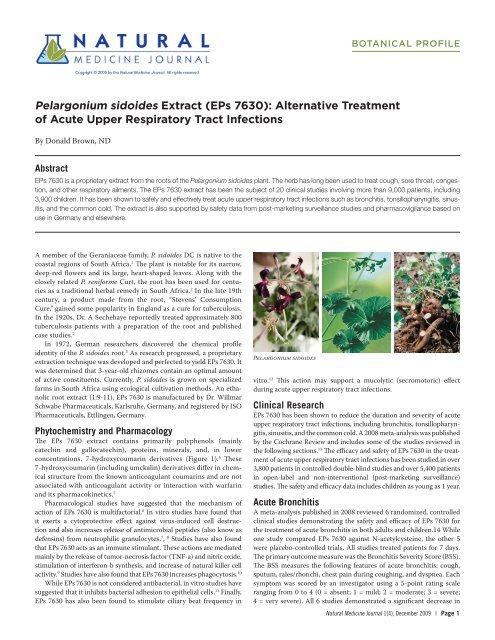
Side effects 11 are not frequent 1-15 of subjects they are largely correlated to hypersensibility to EPs7630 and generally cause mild afflictions. Refrain in individuals with a known allergy to umckaloabo its constituents or members of the plant family Geraniaceae.
Herbal substances binomial scientific name of the plant including plant part.
Pelargonium sidoides 1x side effects. The safety of pelargonium remedies is largely untested. Commonly cited side effects include stomach upset nausea heartburn or worsening respiratory symptoms. Pelargonium contains a substance known as coumarin that acts as an anticoagulant blood thinner.
Common side effects include heartburn nausea changes in bowel movement resulting in mild to moderate diarrhea and certain allergic reactions such as rashes on the skin breathing difficulties abnormal heart rate hives dizziness headaches unconsciousness headaches etc. 18 Zeilen Pelargonium sidoides has anti-infective properties. It prevents bacteria from.
The incidence of side effects is extremely low. 053 per million defined daily doses DDD. 21 This means that only 1 in 189000 patients will experience a side effect during an average treatment period of 10 days.
The rate of side effects is 027 per million DDD for hypersensitivity reactions especially redness and pruritus 013 for gastrointestinal disorders and 005 for gingival hemorrhaging and nosebleeds. When prescribed by physicians pelargonium sidoides appears to be the alternative medication most commonly associated with adverse effects at 021 of prescriptions 4 of 1940 of which all were deemed to be nonserious and treated with cessation of the medication. The side effect frequently was still lower than some standard medications such as N-acetylcysteine 05 and antibiotics yet less.
Uses Benefits Cures Side Effects Nutrients in Pelargonium Sidoides. List of various diseases cured by Pelargonium Sidoides. How Pelargonium Sidoides is effective for various diseases is listed in repertory format.
Names of Pelargonium Sidoides in various languages of the world are also given. Assessment report on Pelargonium sidoides DC andor Pelargonium reniforme Curt radix. Based on Article 16d 1 Article 16f and Article 16h of Directive 200183EC traditional use Final.
Herbal substances binomial scientific name of the plant including plant part. Relieves symptoms of the common cold Kaloba Pelargonium Cough Cold Relief Tablets Pelargonium sidoides root extract 20mg. 16 and 30 film-coated.
Umcka Side Effects User Reviews and Expert Help. Pelargonium Sidoides Side Effects Adverse effects are rare and have consisted usually of skin rash or mild gastrointestinal upset. Refrain in individuals with a known allergy to umckaloabo its constituents or members of the plant family Geraniaceae.
Is not recommended in pregnant or breastfeeding women due to a lack of sufficient evidence. Pelargonium sidoides is a plant native to South AfricaIts common names include African geranium and South African geranium. African geranium forms a basal rosette of cordate leaves with a velvet texture and a few short trichomes on long petioles.
Its flowers have five dark red to nearly black petals two of which are sometimes fused. Pelargonium sidoides helps reduce cold symptoms. Pelargonium sidoides is an herb that has been used in traditional medicine in South Africa for centuries.
It is used in Europe to treat the common cold and bronchitis. In laboratory studies this herb was shown to kill bacteria viruses and stimulate the immune system. Pelargonium sidoides is a flowering plant native to South Africa where it has been used traditionally for many years to treat various afflictions.
Commonly known as the South African geranium pelargonium sidoides can be an effective treatment for a wide variety of bacterial and viral infections and disorders of the gastrointestinal tract. It also acts as an analgesic and can ease the symptoms of tonsillitis and sore throats. The compounds of an aqueous root extract of the African medicinal plant Pelargonium sidoides were analysed by LC-MS spectroscopy and the antiviral effect of this extract against herpes simplex virus was examined in cell culture.
Besides predominant coumarins simple phenolic structures as well as flavonoid and catechin derivatives were identified as major constituents in the Pelargonium extract. Side effects 11 are not frequent 1-15 of subjects they are largely correlated to hypersensibility to EPs7630 and generally cause mild afflictions. Gastrointestinal symptoms nausea vomiting diarrhea heartburn individual cases reactions on the skin rashes itching hives.
